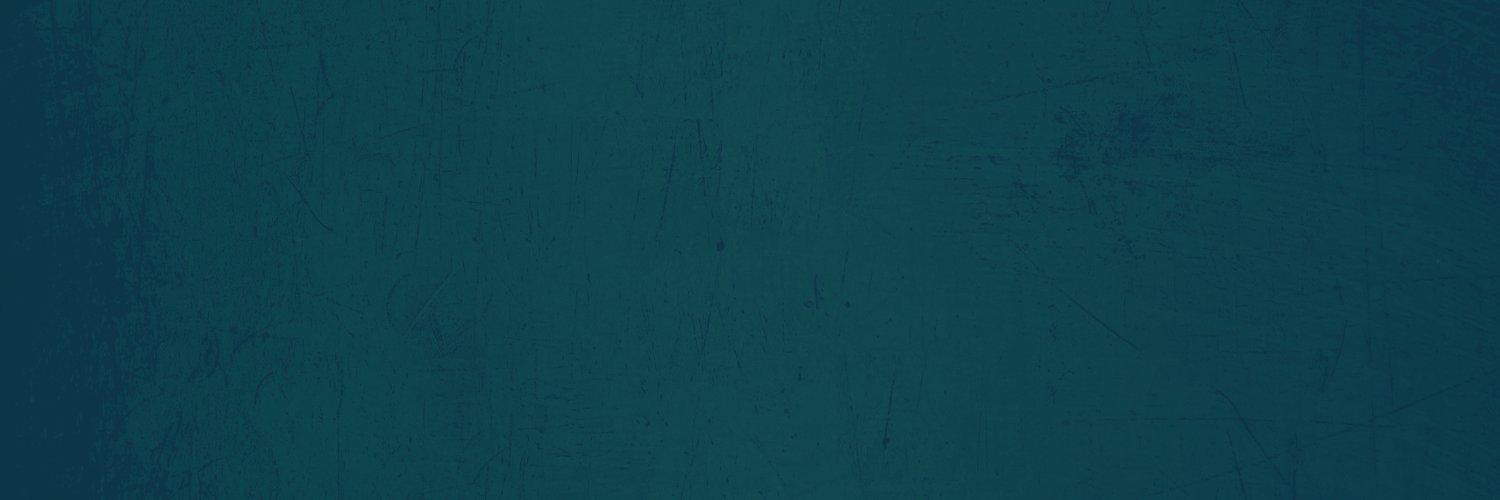The The Lost Tape Movie Free Download ##VERIFIED##
LINK ->>> https://urllio.com/2t8hPx
The offline nature of tape also provides an additional line of defense against buggy software. For example, in 2011, a flaw in a software update caused Google to accidentally delete the saved email messages in about 40,000 Gmail accounts. That loss occurred despite there being several copies of the data stored on hard drives across multiple data centers. Fortunately, the data was also recorded on tape, and Google could eventually restore all the lost data from that backup.
Although a huge array of music is available on paid and free streaming services, many people still own collections of cassette tapes associated with fond memories of their youth or college days. Luckily, there are several ways to recapture your musical memories and convert them to digital files, from time-consuming to pain-free.
At ScanCafe, we love transferring fragile audio into digital formats you can listen to without the need to fast forward and rewind. We use a state-of-the-art deck to capture the sound of both sides of the tape from beginning to end to a .wav file, so we never miss a beat. We also track your cassette tapes door to door to ensure their safety and deliver files back to you as a digital download or USB option.
The idea that someone who downloads a camcorder-made copy of a theatrical movie is "stealing" it is ludicrous. Yes, it's technically illegal, but let's use some common sense. That's almost as silly as saying I was guilty of theft when I dragged my audio tape recorder into a movie theater and recorded Star Trek II on cassette. I did not "steal" from Paramount to siphon away their revenue but because I loved the movie. I listened to those tapes while sitting in the back seat on long car trips and sometimes while falling asleep at night. My possession of those two 60-minute el-cheapo cassettes (which I distributed for free to two friends) did not reduce the number of times I saw the film. Would I have been upset had someone attempted to prosecute me for this copyright violation? Of course.
There is, of course, a difference between those who pirate movies to sell them at cut-rate prices versus those who download a copy onto their hard drive for personal use. The difference is profit. I agree that it's not only illegal but immoral for someone to make money from someone else's hard work without providing fair remuneration. But I disagree that someone who is downloading a movie because they're curious about it or because they love it and want a copy before it's available on DVD should be subject to punitive action. It's about time the studios recognize this as well.
For someone to argue that downloading and watching a camcorder version of a film is akin to stealing the price of ticket indicates the person making that charge has never watched a camcorder-made video. Even the best are almost unwatchable and sitting through such a copy all but mandates that the viewer has already seen the movie in a theater. In many cases, camcorder copies are not meant to infringe on the studio's copyright. They are meant to give a 13-year old boy the chance to re-live his favorite scene from Iron Man when his mom is too busy to drive him to the theater to see it for the fifteenth time. It's not a substitute; it's an enhancement. (Again, I'm referring to free downloads, not DVDs bought in Times Square. Those selling the latter should be prosecuted.)
This is where studios have an entry point. If substandard copies of entire movies were made available either for free or as part of a package with a minimal subscription fee, this arm of piracy would go away. The video and audio would have to be poor (but better - or at least steadier - than camcorder quality). If it was too good, there would be freeloaders who would watch the copy instead of seeing the movie or renting/buying the DVD. Think "YouTube" quality. Make it legal for fans to get crummy copies of their favorite movies as a way to hold them over until the DVD release. This is really nothing than a new way of marketing. And it would make a dent in illegal copies.
Would it impact revenue? Undoubtedly. There are some people who would use the downloads as "review substitutes." Instead of going blindly to see a movie, why not download it and watch part of it to see if it's worth the price of admission? (If it stinks, you can still watch the rest, after a fashion, on your computer.) Studios that see only the lost $ are clinging to the past. And you can't move into the future that way. At some point, they'll be left behind, shaking their heads and wondering where it all went wrong. The genie is out of the bottle. Downloading, both legal and illegal, is a way of life and it has become ingrained into the fabric of a generation's way of looking at things. Those who find a creative way to become part of this new wave will make money. Those who fight it and threaten lawsuits will find their revenue streams drying up.
ABOUT US/HELPARCHIVESBUSINESSCLASSIFIEDSCOMMUNITYDISCUSSIONENTERTAINMENTLIFESTYLESMARKETPLACENEWSOPINION-Columns-Discussions-Editorials-Mike Keefe-Letters-PerspectivePROMOTIONSSPORTSDENVER WEATHERDPO MAINreggie riversIntellectual property vs. theftBy Reggie RiversDenver Post Columnist Feb. 15, 2001 - Intellectual property is property. If someone has a barbecue on your back porch every weekend without your permission, he is trespassing. It doesn't matter whether he is charging a fee for attendance. What matters is that you own the property, and he has no right to use it. The U.S. Circuit Court of Appeals upheld the right to protect intellectual property when it ruled against Napster Inc. The case has sparked contentious watercooler debates between people who use Napster to download music from the Internet for free and see nothing wrong with the service and people who have a more concrete view of the value of intellectual property. The arguments in support of Napster are formed by comparisons to other free activities. "This is no different than buying a CD and loaning it to a friend," I've heard people say. Or, "Am I breaking the law if I play a song in my car and let three friends listen at the same time?" Or, "Isn't it OK for me to call my friend in London and play a song for him over the phone?"The basic premise is that since all these things are permissible, then it should be legal to share music over the Internet as well. But most of the arguments miss the point entirely. The point is that no one but the artist (or people with permission from the artist) has the right to reproduce and distrib REGGIE RIVERS ute the music. When you purchase a CD and invite 100 friends over to listen to it, there's still only one CD at the end of that session. When you load that same CD onto the Internet and invite 100 friends to download it, now there are 101 copies of that CD and you've crossed over into the reproduction and distribution business. That's theft. It's the reason that most photo shops won't make a reprint of a picture without first getting permission from the photographer. It's the reason that Kinko's won't make a copy of a book without written proof that you have permission to make that copy. You can rent a movie from Blockbuster and invited 10 people to watch it with you, but the FBI warning at the beginning of the tape declares there are severe penalties for the "unauthorized reproduction, distribution or exhibition of copyrighted motion pictures, videotapes and videodiscs." The point of all of this is reproduction. You can't make additional copies of someone else's work without his permission. I've heard people argue that listening to a song on the Internet doesn't hurt the artist because "If I like the song, I'll go buy his CD." By that logic, we could argue that eating grapes while you're at the supermarket is OK because if you like them, you might buy a bag full. But whether you like them or not, the store loses out on the grapes you've consumed. And I think that's what confuses people about intellectual property - it's not like grapes at all. Intellectual property is not destroyed when it's consumed. So the supermarket can't sell the grape after you've eaten it, but the artist can still sell his song after you're listened to it. But intellectual property is still property. Someone has put hours, days, weeks, months or years into the creation of that music. Someone has invested money in turning the music into a CD and distributing it to stores. When you purchase it, you enjoy it on an intellectual level. You don't destroy it. You consume it over and over again because it evokes some emotion or mood in you. I'm glad Napster lost, because if the Internet service had won, it would signal a major setback for the idea that intellectual property is property. Former Denver Broncos player Reggie Rivers writes Wednesdays on The Post op-ed page and is a talk-show host on KHOW Radio (630 AM, weekdays from 3 to 7 p.m.).
My question is based on the fact that many American college students now download episodes of Japanese animated broadcast television shows. I can understand that copyright would apply if one downloaded an HBO movie, but what about something that is publicly broadcast in Japan? Is this an infringement of copyright? 2b1af7f3a8


